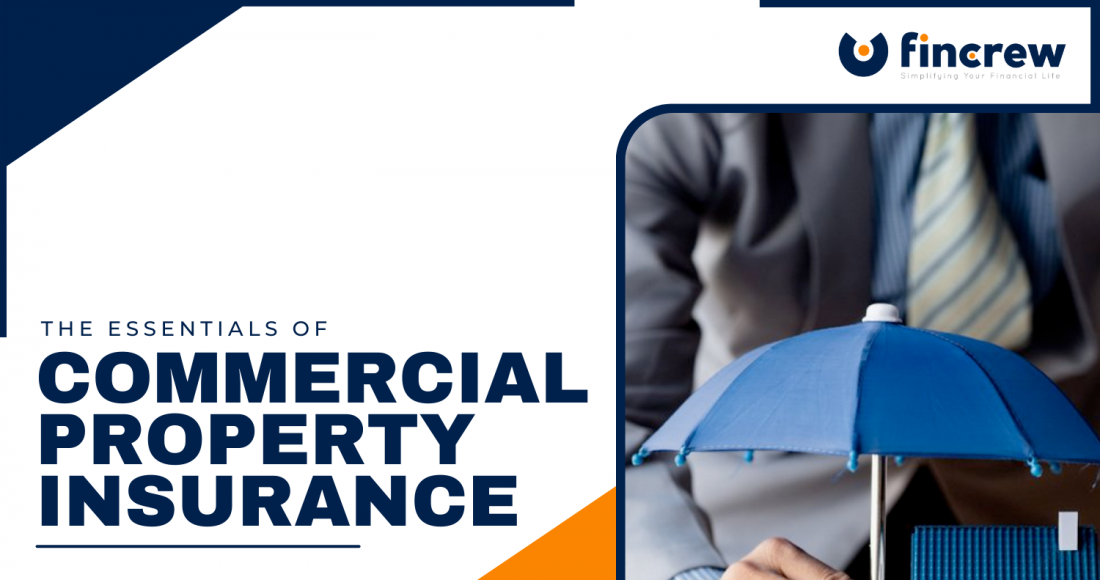You may find it challenging to think about devastating events that can happen to your business, but sometimes it’s unavoidable. It is why you should invest in the right insurance coverage. For example, a commercial property insurance policy covers the structures of your business, the contents contained within them, and outdoor fixtures such as fences or signs. It can help you prevent accidents or tragedies such as fires, thefts, wind damage, or even the collapse of a building due to heavy snowfall.
What’s Commercial Property Insurance?
A commercial property insurance policy covers your business’s physical assets in the event of a fire, explosion, burst pipe, storm, theft, or vandalism. However, most commercial property insurance policies don’t cover earthquakes and floods unless those perils are added to the procedure.
Understanding Commercial Property Insurance
If your business is dependent on equipment worth a billion or trillion dollars, not buying commercial property insurance can prove to be an expensive affair. Commercial property insurance plans’ protection for their clients is typically similar to property insurance. The value of a business’s assets, including its building, is the main factor that determines the amount of commercial property insurance an entity should purchase. Therefore, a company should take an inventory of the physical assets located on their property before meeting with an agent about coverage. It is essential to find out what to purchase. As natural disasters become more frequent, the weather conditions in the building are located also play an essential role in determining the premiums for commercial property insurance. Typically, insurance rates for commercial properties are higher when located near or inside geographic areas that risk weather-related catastrophes.
How Much Does Commercial Property Insurance Cost?
The value of your building plays a significant role in how much commercial property insurance you will have to pay. However, other factors affect your premium, such as:
- Location: Are storms or other natural disasters likely in this area?
- Construction: Do you have a fireproof building? Are the electrical systems, plumbing, and HVAC systems new or upgraded?
- Occupancy: What is your industry? Generally, realtor offices carry less risk than restaurants or repair shops.
- Fire and theft protection: Are there nearby fire hydrants and fire stations? Have you installed a fire alarm and sprinkler system at your place of business? Have you installed a security system as well?
How To Choose An Insurance Provider
Businesses with successful insurance providers can tailor a range of policy options to fit their needs, making obtaining the coverage they need easier. To find the best insurance provider, consider the following:
- Level of service: An excellent insurance provider is always available and responds quickly in an emergency. As soon as your provider sends a representative, it can help minimize the loss associated with your claim.
- Financial stability: As a business owner, you must be confident in the ability of your provider to pay your claim and fund your rebuilding as quickly as possible.
- Risk management: The risk management options you choose help you create a safety culture within your company. They may also be referred to as safety services or loss control programs. The right plan can provide you with access to an expert team that will work with your company, guide your team through risk scenarios, and assess your environmental and occupational health hazards. In this way, they can help you prevent problems from occurring in the first place, thus reducing losses.
Are getting your business back to work after a loss depends on having the right commercial property insurance coverage. Work closely with your insurer to identify the best solution for your business, your employees, and your provider so that you can avoid costly losses and business interruptions-or, ideally, recover from them.





